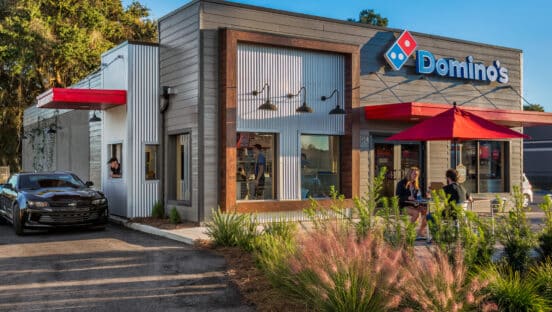A new report from global business-advisory firm AlixPartners shows that 2011 may see a mixed bag of results for restaurant operators.
According to the AlixPartners study, consumers expect to pay an average of $12.90 per meal at restaurants in 2011, down 5 percent from what they paid in the last year. However, 57 percent of consumers say they dined out at least once a week in the last year—up from 49 percent reported in a similar study last March—and 11 percent of consumers plan to increase their dining out in the next year.
Adam Werner, managing director at AlixPartners and head of the firm’s North American Restaurant & Foodservice Practice, says consumers are still looking mostly for value, which could be a big help to the quick-serve industry this year.
“Folks want to come back to restaurants, but they want to come back at lower price points, and they’ve been accustomed to constant deals—discounts, LTOs, etc.,” Werner says. “To some degree, that’s a positive, because it plays into the strengths of [quick service] as a whole.
“On a negative side, [quick serves] offering discounts indicates that it’s going to be very difficult in 2011 to raise prices. When you couple that with rising commodity prices across the board, the financial outlook becomes a little bit more clouded.”
Another negative for quick serves in 2011, Werner says, is the rise in popularity of convenience stores. “We definitely think that this is a segment that, unfortunately for [quick serves], is going to grow by stealing their share,” he says.
But Werner says the recession has helped restaurateurs learn how to pay closer attention to the ins and outs of their operations, something that will prepare them for growth in the coming years.
“Instead of plowing their dollars into opening new stores in the U.S., they’ve tried to organizationally lower their cost, fix their balance sheets, and really figure out how to best operate in a new normal,” he says.
While 2009 and 2010 were spent focusing mostly on cost reduction, Werner says, 2011 will be spent with “a keen eye” toward cost and another toward careful growth. The best opportunity for growth, Werner says, is in international markets.
Eric Dzwonczyk, director in the Restaurant & Foodservice Practice at AlixPartners, agrees that the restaurant industry will not return to the same kind of operational and financial environment it experienced before the recession.
“It’s unlikely that we’re going to see the growth and amount of consumer spending that we saw four or five years ago,” Dzwonczyk says. “Having said that, it does seem like things are stabilizing, have bottomed out, and are trending in the right direction.”
By Sam Oches





